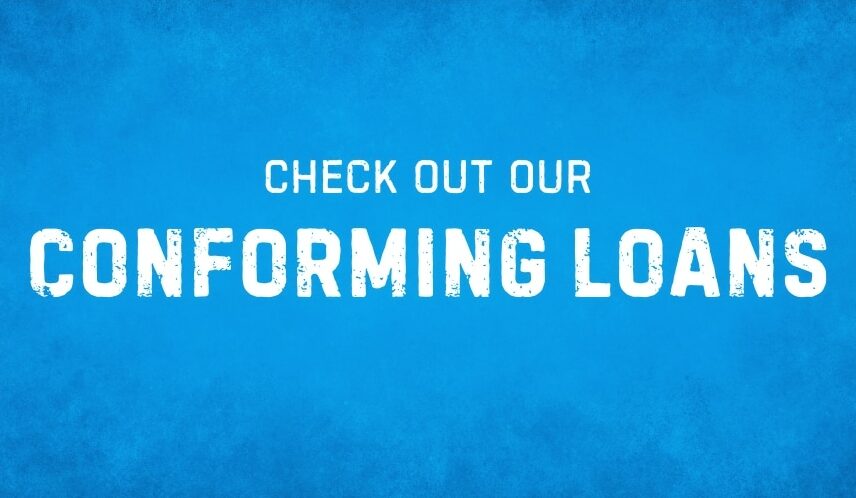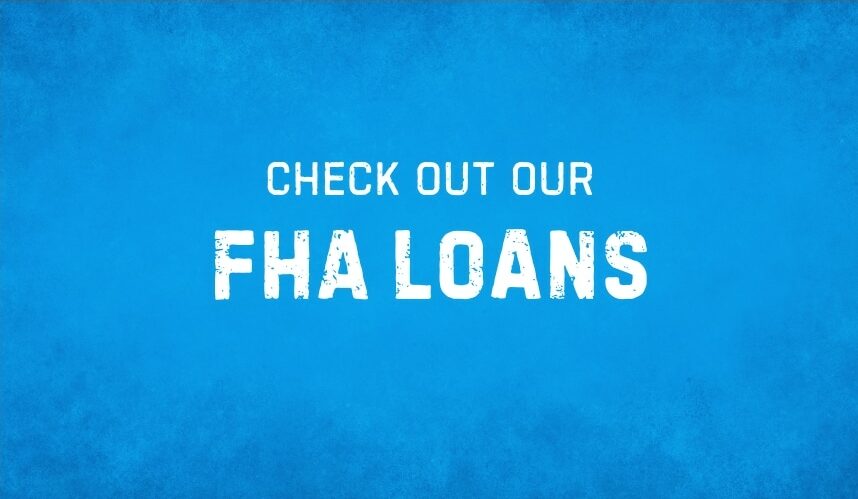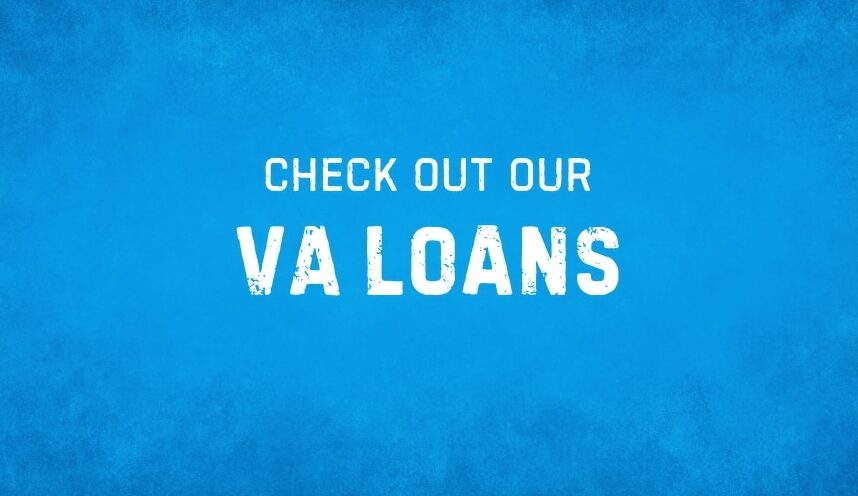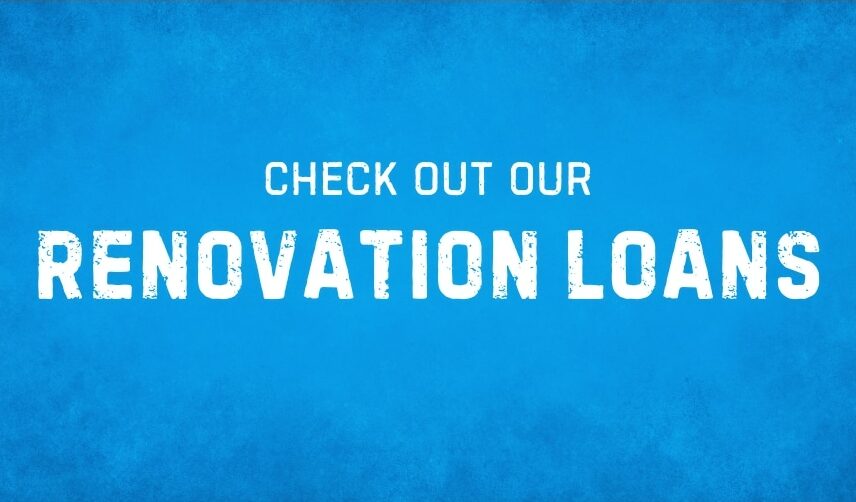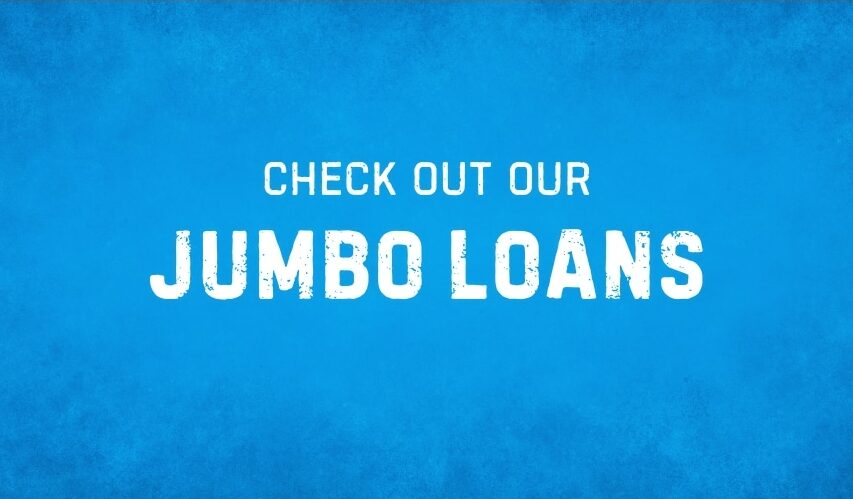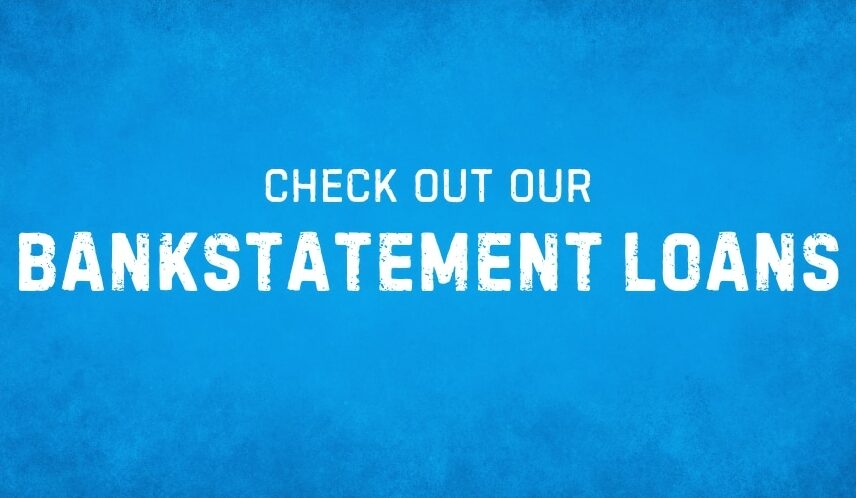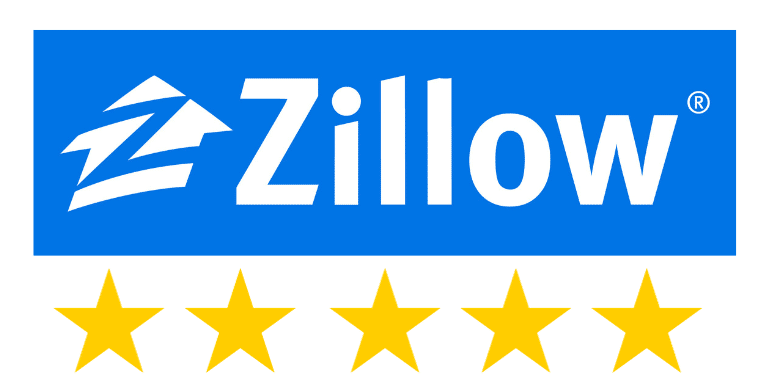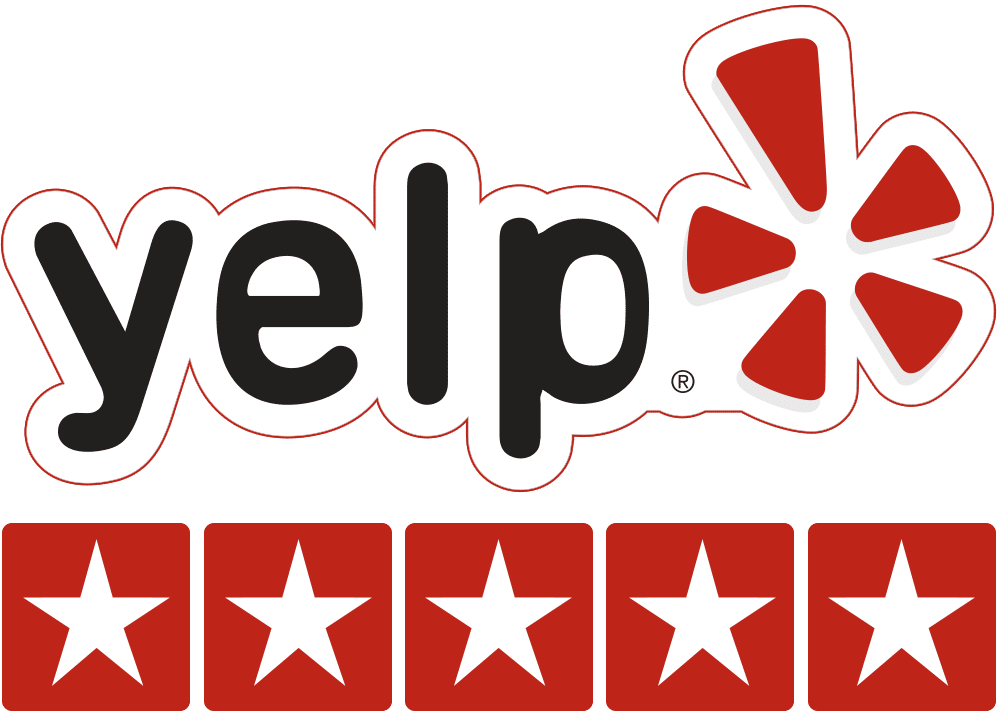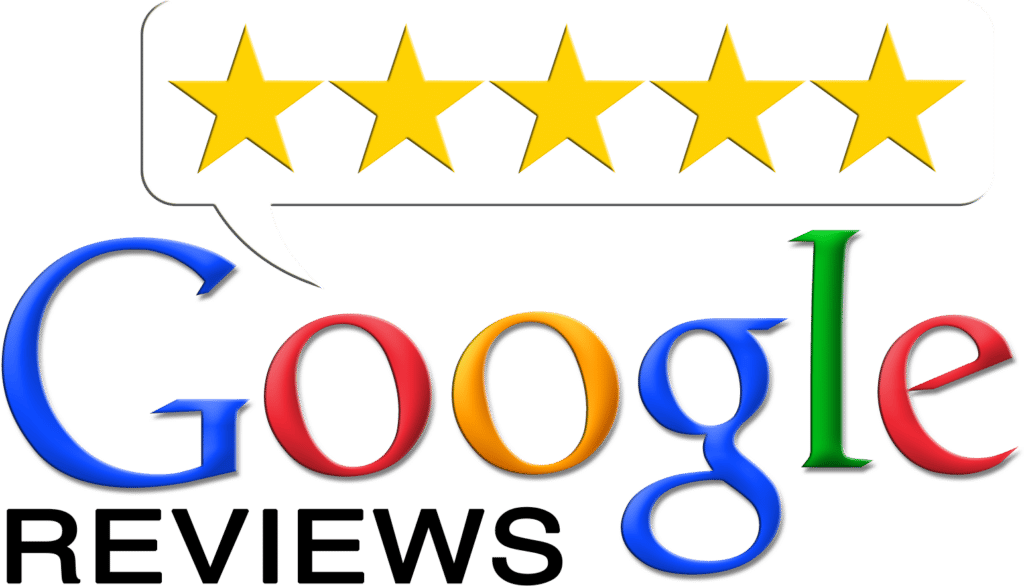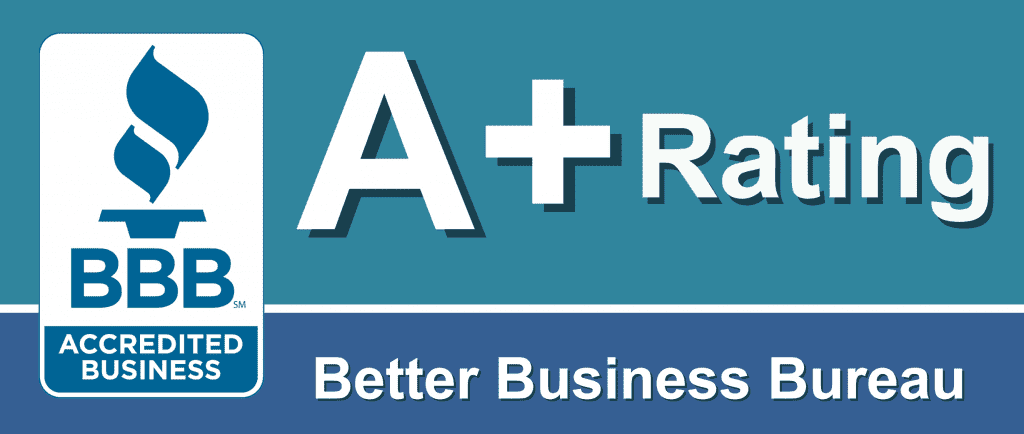
Conventional Vs. FHA – Important Differences
Key Topics In This Article: Conventional Loan | Benefits Of A Conventional Loan | FHA Loan | Benefits Of An FHA Loan | How To Chose |
Conventional home loans are mortgages that are not “guaranteed” by any federal government agency. An FHA home loan is a mortgage that is “guaranteed” by the federal government (FHA guarantees the loan to the lender. FHA is a division within Housing and Urban Development (HUD), and HUD is an executive-level agency within the federal government whose director reports directly to the President. Conventional loans are more common than FHA. Both loan programs have their benefits and their downsides.
Use our guide below to help you discover the benefits of both loan programs. Once you better understand conventional vs. FHA loans, you’ll be in a good position to find the right mortgage for you.
Conventional Loan Details
The first question we need to answer is this: what is a conventional loan? According to Investopedia,
A conventional mortgage or conventional loan is any type of home buyer’s loan that is not offered or secured by a government entity. Instead, conventional mortgages are available through private lenders, such as banks, credit unions, and mortgage companies. However, some conventional mortgages can be guaranteed by two government-sponsored enterprises; the Federal National Mortgage Association (Fannie Mae) and the Federal Home Loan Mortgage Corporation (Freddie Mac).
source: investopedia.com
Conventional loans can have either a fixed rate or an adjustable rate.
A fixed-rate conventional loan means the rate will never change during the entire life of the loan. And since the rate will not change, the mortgage payment will not change.
An adjustable-rate conventional loan is more complex. These loans are based on two components, an index and a margin and they usually has a “fixed period” of three, five, seven, or ten years.1
After the fixed period (during this time, your rate and payment stay the same), your rate adjusts to current market conditions, which are the index your loan is based on and a predetermined margin. Based on my 17+ years of experience, most conventional adjustable rate loans have a margin of 2.00% to 4.00% and are based on SOFR.
What Is SOFR?
The mortgage industry uses the Secured Overnight Financing Rate (SOFR) as an index for their adjustable rate conventional loans.2 You can find updated SOFR data online with the Federal Reserve.3
Benefits of a Conventional Loan
Here are the benefits of a conventional loan.
Low Interest Rates
Conventional mortgages have low rates, especially for those with excellent credit. 30-year fixed mortgage rates and 15-year fixed mortgage rates tend to be the most common conventional rates homeowners choose. However, adjustable-rate mortgages can sometimes be more attractive.
Lower Cost
Some conventional loans typically have a lower overall cost structure than government-backed loans like FHA. Conventional loans do not have an upfront cost like FHA loans do (more on this below), and the fees a lender charges for a conventional loan tend to be lower.
Faster Processing
With the exception of the FHA Streamline Refinance, conventional mortgages generally close faster, especially applications that receive an appraisal waiver.
Flexible Loan Terms
Conventional loans are more flexible than any other type of loan (and that includes FHA loans). The main reason is that conventional loans include more loan programs, whereas FHA loans are just one type of program.
Higher Loan Limits
Conventional loan limits are significantly higher than FHA loan limits. Under the conventional program, jumbo home loans can be in the millions.
Property Designation
Conventional loans can be used for primary residences, second homes, and rental properties (1-4 units). Residential conventional loans can not be used for commercial properties.
No Upfront And Annual Mortgage Insurance (MI)
With a conventional mortgage, you can save on Mortgage Insurance if you have at least a 20% downpayment. FHA loans require homeowners to pay an upfront mortgage insurance premium and an annual mortgage insurance (MI) premium, even if you put 20% or more down. The annual FHA mortgage insurance premium is divided into your twelve monthly payments for that year.
Appraisal Waivers
With some conventional loans, you can obtain an appraisal waiver. This means you do not have to get a traditional appraisal to close your loan.
FHA Loan Details
The purpose of the FHA mortgage loan program is to assist homebuyers and homeowners get qualified for a new mortgage who might otherwise struggle to obtain a conventional loan.
Suppose you lack a substantial credit card history to secure financing or are a first-time home buyer. In this case, you probably might have difficulty coming up with the required large down payment for a conventional mortgage.
However, the Federal Housing Authority (FHA) loan is backed by the government and offers less strict requirements. It has made house buying more accessible for people with a credit rating starting at 580 and a down payment of 3.5%. Some loan applicants may even qualify for zero down, which is not something that can happen with conventional loans.
Benefits Of An FHA Loan
Here are the benefits of an FHA loan.
Lower Down Payment
The baseline conventional conforming downpayment requirement is indeed lower than the baseline FHA down payment requirement (3.00% vs 3.50%); however, there are nuances to this, which puts FHA on top in certain situations.
If you have a 660 credit score, you might be able to put down 3.50% with an FHA loan. However, due to your credit score, that would not be possible with a conventional loan. You should expect to put down at least 5.00%, possibly more.
Some FHA home loan applicants are not required to put down anything; a conventional loan cannot compete with that.
Lower Credit Scores Accepted
FHA credit score requirements are much lower than conventional loan credit score requirements. If a borrower has a credit score of 580 and a down payment of 3.5%, you might be able to qualify for an FHA loan (some lenders require a 600 or higher credit score).
In fact, FHA allows for no credit score. Under the FHA program, applicants can use nontraditional credit as an alternative.
FHA Mortgages Are Assumable
If you sell your home and you have an FHA loan, the buyer can take over your existing FHA loan.
So, if your FHA mortgage rate is 3.5% and current mortgage rates are higher, this benefit could really help you locate a buyer for the home. It’s important to check with the lender about the requirements before you list your home for sale.
A Higher Credit To Cover Closing Costs Allowed
Under the FHA loan program, the seller can pay up to 6.00% of the loan amount towards closing costs (conventional is generally limited to 3%).4
This means that if you struggle to raise enough money for closing costs, the FHA program would help your situation.
Under Certain Circumstances, FHA Guidelines Are More Flexible
Under certain circumstances, FHA loan guidelines are more flexible than conventional loans. Here are three examples;
- FHA Streamline Refinance
- Applications with sub-700 credit scores
- Applications with a low credit score and down payment
Under these three circumstances, the FHA loan guidelines are more flexible. The FHA mortgage loan program offers a streamlined refinance option; no appraisal is needed, and borrowers can close fairly quickly if rates are below their current rate.
General FHA loan guidelines allow for a 580 credit score and 3.5% down or equity in the home (if you are doing a refinance). Very few lenders will go below a 580 credit score even though FHA guidelines allow for it.
Lower Rates For Lower Credit Scores
For lower credit scores, FHA loans carry lower interest rates than conventional loans; however, FHA mortgages carry Mortgage Insurance (MI), which is an added cost to the homeowner. Mortgage Insurance (MI) is an insurance policy you pay each month with your mortgage payment to cover the cost of insuring your mortgage.
The insurance is in place in case you default on your loan. If you default, the Federal Government will cover the cost and reimburse the mortgage lender for any losses associated with the default.
Some conventional loans have Private Mortgage Insurance (PMI), which is similar to MI; however, that is only required if there is less than 20% equity in the home (or if your down payment is less than 20%).
Conventional vs. FHA – How To Choose?
Choosing between a conventional vs. an FHA loan depends on the loan applicant’s personal and financial circumstances. If you have a credit score above 740 and a good-sized down payment, the FHA loan program might not be for you unless you are looking to purchase a home (or refinance) that needs work.
The FHA 203(k) loan program is one of the best renovation loans out there, and it’s even a great option for those with excellent credit. Essentially, it’s two loans in one: a loan to purchase the property and a loan to repair/remodel the property. All one loan, one lender, and one application.
If you need a high-dollar amount loan, a conventional jumbo loan is your best bet. Do you have hard-to-document income or seasonal employment? A conventional bank statement mortgage program might be your best fit.
If you have a sub-700 credit score and/or a small down payment, you may want to focus on the FHA loan program, especially if you are a first-time homebuyer. Or, if you currently have an FHA loan and want to refinance at a lower rate, you absolutely should consider the FHA Streamline Refinance loan program.
When it comes to deciding which loan program is better, the best thing you can do is talk with your Loan Officer and discuss your different options.
Citation Sources:
- (ARM), what are the index and margin, and how do they work? – CFPB.org
- Adjustable Rate Mortgage: How an ARM Works, Who It’s For – NerdWallet.com
- Secured Overnight Financing Rate Data – NewYorkFed.org
- FHA loan closing costs – Chase.com

